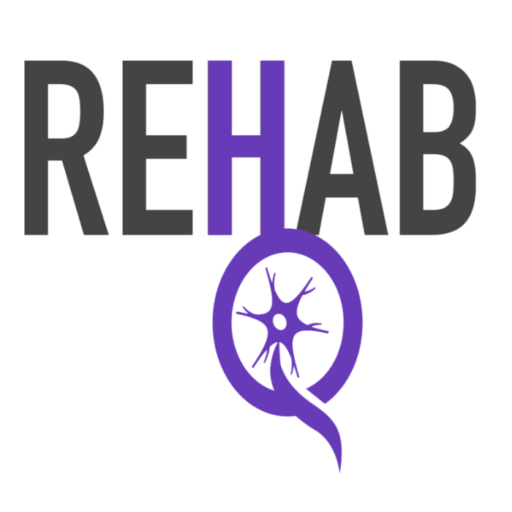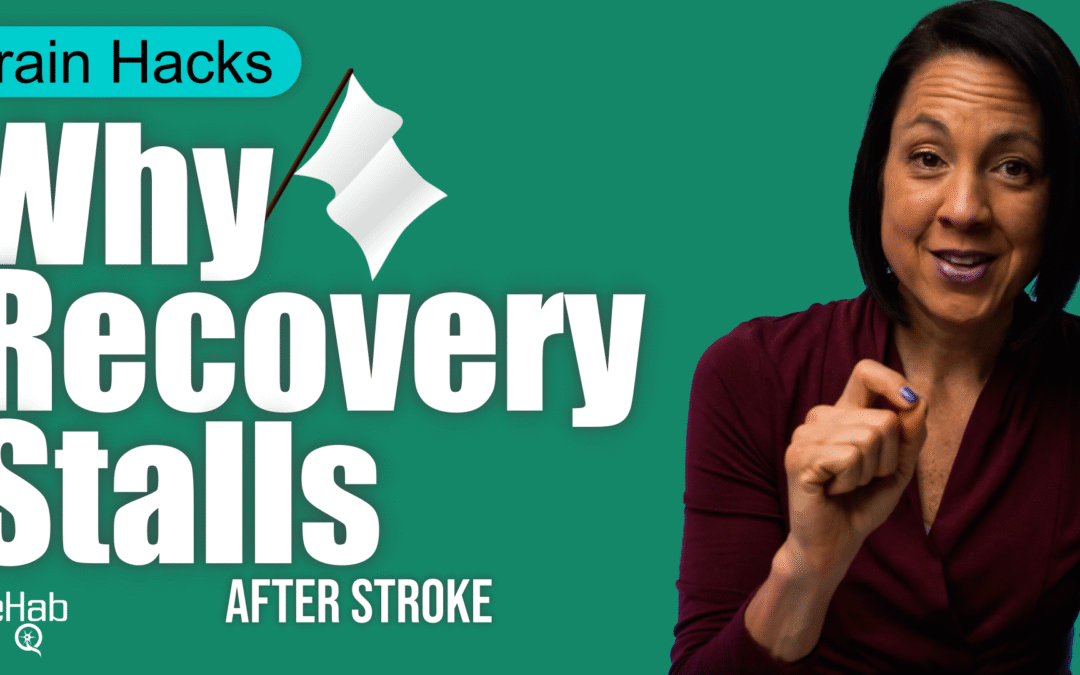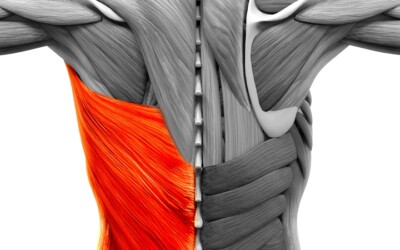Why Stroke Recovery Stalls and How to Push Through
Recovery may feel stuck, but progress is still possible. Here’s how to keep improving after a plateau.
Recovering from a stroke or neurologic injury can feel overwhelming. Walking, driving, working, or even just picking up your grandkids. It all feels like a mountain to climb. But what if I told you the secret isn’t in chasing the big goals right away? It’s in celebrating small wins every single day.
Why Big Goals Can Feel Overwhelming
I’ve worked with patients for over 22 years, and one of the most common things I see is this: the finish line feels too far away. You look at all the exercises, all the steps between where you are now and where you want to be, and it feels like dumping out a 1,000-piece puzzle. You don’t even know where to start.
And when your brain starts telling you “there’s no way I’ll get there,” motivation goes out the window.
Why Small Wins Matter for Your Brain
Recovery after stroke isn’t like recovering from a sprained ankle. It’s not just about getting your muscles stronger. You’re not just rehabbing a body part, you’re retraining your brain.
That means you need repetition, over and over, to rewire those pathways.
If someone had handed you an algebra book in elementary school, you probably would’ve thrown in the towel. But broken into small chunks? You learned, step by step, until one day algebra made sense.
Recovery works the same way.
The Confidence Snowball
Here’s what happens when you set small goals:
- You start to see yourself differently.
- You go from being “stuck” to being someone who can overcome challenges.
- Your confidence grows.
That confidence builds momentum. Momentum keeps you motivated. And once your brain starts to believe that, progress speeds up.
Real-Life Wins
Some of my patients want long exercise lists. They feel like if they’re not doing more, more, more, they’re not working hard enough.
But in reality? The people who get the best results are the ones who stick to a short, simple program every single day.
For example: Flipping your hand over 10 times.
These things sound small. But stacked up over days and weeks, they create real change. I’ve seen it hundreds of times.
Celebrate Every Step
Some of the best signs of progress aren’t dramatic, they’re subtle. Things like:
- Being able to lift your leg into the car a little easier
- Stepping over a curb without thinking about it
These are huge wins. If you start writing them down every day, you’ll be amazed at how far you’ve come in just a few weeks or months.
And if you feel like you can’t find any win? Then celebrate the fact that you showed up and did something today. That alone is a win.
How to Make Small Wins Work for You
Keep goals tiny. Make them so small you know you can succeed daily.
Tie them to a habit. Brush your teeth? Do 3 sit-to-stands right after. Making coffee? Practice standing balance for 5 seconds.
Check in occasionally. Zoom out every month or two to see how today’s small goals fit into your bigger vision.
Final Thoughts
Recovery isn’t one giant leap. It’s thousands of small steps, stacked one on top of another.
Don’t underestimate them.
Today, ask yourself: what’s one tiny win I can create? Do that, celebrate it, and trust that these small daily victories will add up to something far bigger than you can imagine.
And if you want more support, structure, and guidance on how to make this work in your recovery, check out our Rehab HQ Membership plans here. It’s designed to give you community, tools, and step-by-step strategies so you can stay consistent and keep moving forward.
Articles you may be interested in
Neuroplasticity and Recovery: How Life’s Loops Shape Growth and Transformation
"The adventure of life is to learn. The purpose of life is to grow. The nature of life is to change." — Unknown “Why run that far when you have a perfectly reliable car?” Back in my marathon days, this rhetorical question was something I heard more times than I can...
Stroke Recovery for the Brain: Boost Memory, Focus, and Thinking Skills
Stroke Recovery for the Brain: Boost Memory, Focus, and Thinking Skills We often talk about walking again. Moving your arm again. Lifting your leg. And yes—those goals are important. But here’s what we don’t talk about enough: That moment you walk into a room and...
The Secret to Stroke Recovery Success
"The secret to winning is learning how to lose. That is, learning to bounce back from failure and disappointment—undeterred—and continuing to steadily march toward your potential. Your response to failure determines your capacity for success." -James Clear, author of...
The Hidden Culprit: How the Latissimus Dorsi Limits Shoulder Recovery After Stroke
The Hidden Culprit: How the Latissimus Dorsi Limits Shoulder Recovery after Stroke It’s the silent barrier most people never think about. When we talk about restoring arm movement after a stroke, most of the focus is on the obvious: the shoulder joint, the triceps,...
How to Fix Knee Buckling Post Stroke
Why Your Knee Buckles—and How to Regain Control Say Goodbye to Knee Giving Way and Hello to Confident Walking https://youtu.be/wNZxiTXTz7QWhat Is Knee Buckling? Knee buckling refers to a sudden, unexpected loss of stability in the knee joint, often described as the...
Understanding and Fixing Leg Cramps Post Stroke
Clonus Explained: What It Is, Why It Happens, and What You Can Do About It Stop Letting Leg Cramps Slow Your Recovery https://youtu.be/fGNGXoMSvT4 Can Clonus Affect the Way You Walk? Absolutely—Here’s What You Need to Know Have you ever felt your foot suddenly...
Why Your Hand Still Won’t Open After Stroke | 3 Mistakes to Fix
Why Forcing It Doesn't Work How to Stop Reinforcing the Wrong Patterns and Start Rewiring Your Brain for Real Recovery https://youtu.be/fDIgGLM8Kj0If you’ve had a stroke (or other neurologic injury), and your hand feels like it’s stuck in a fist or your arm just hangs...
Understanding Abnormal Synergy Patterns After Stroke: The Missing Puzzle Piece in Recovery
Understanding Abnormal Synergy Patterns After Stroke: The Missing Puzzle Piece in Recovery Stroke recovery is rarely straightforward.You might work on strength, balance, and mobility—yet your movements still feel awkward, stiff, or “robotic.” Why?One of the most...
Why Does My Leg Flop Out When I Walk After a Stroke?
Why Does My Leg Flop Out When I Walk After a Stroke? You know the feeling.You’re walking. Or trying to walk. And then your leg just… flops out to the side.You try to correct it, but it keeps happening.Frustrating, right? Let’s break this down.You’re not alone, and...
Post-Stroke Shoulder Pain: Why It Happens and What You Can Do About It
Post-Stroke Shoulder Pain: Why It Happens and What You Can Do About It If you’ve had a stroke, chances are your shoulder has tried to steal the spotlight at some point. Not in a good way. Post-stroke shoulder pain is one of the most common (and most frustrating)...














